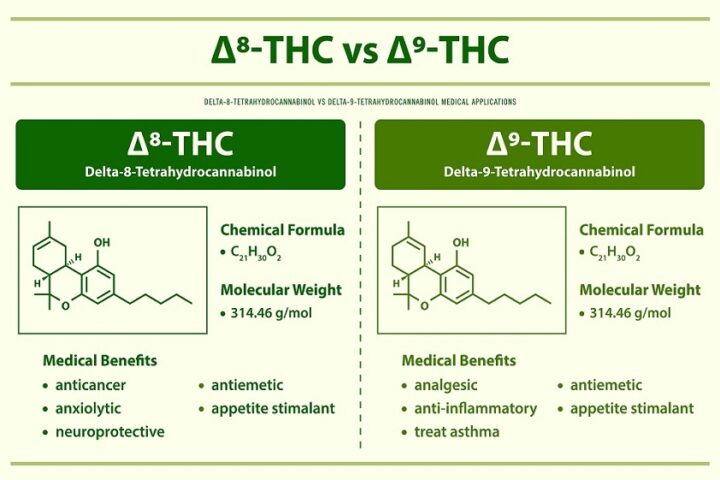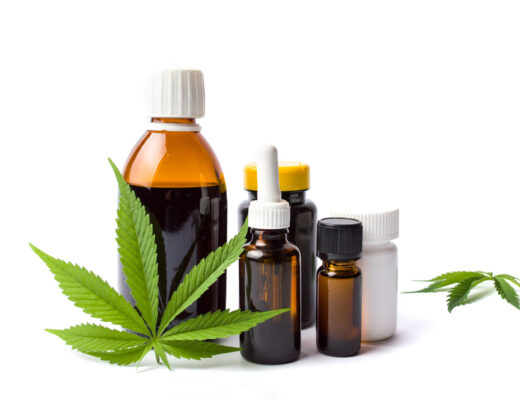It was not too long ago that Delta-8 emerged as the most trendy cannabinoid in the cannabis community. It immediately caused a stir for a number of reasons. Among them is the regulatory no man’s land Delta-8 seems to occupy. Unfortunately, nothing has changed in recent years. Issues with Delta-8 persist.
Delta-8 presents problems because its legality is not clearly defined in federal law. Federal law bans marijuana across the board because it contains Delta-9 THC. Known simply as THC in the vernacular, it is this particular cannabinoid that creates the euphoric feelings marijuana users experience. Delta-8 also produces a high, but it is a different kind of high. The sticking point is that Delta-8 is an isomer of Delta-9.
Definition of an Isomer
In chemistry, an isomer is a compound with the same molecular structure as another compound, yet with a different molecular arrangement. Both Delta-8 and Delta-9 have the exact same elements and an identical number of atoms. Yet the arrangement of their molecules is different. As a result, the human body reacts differently to the two substances.
One could argue that regular THC should not be included on the federal government’s list of controlled substances because it does not meet the definition. It is not addictive in the traditional sense, and emerging research shows that it does offer some medical benefits. That being the case, a similar argument could be made for Delta-8.
A State-by-State Issue
The other side of the legality issue is the fact that Delta-8 is still THC. As such, federal regulators often argue that it is also a controlled substance. The thinking is that THC is still THC regardless of its molecular arrangement. And yet, as with everything else relating to cannabis, Washington chooses not to enforce any prohibitions against Delta-8. They leave no other option but to deal with it on a state-by-state basis.
Utah is among those states choosing to maintain a strict medical-only cannabis program. Under state law, hemp and cannabis are defined using the standard federal guidelines: plants with up to 0.3% THC are considered hemp; plants with more than 0.3% THC or considered cannabis.
Utah law also prohibits the possession, distribution, and sale of Delta-8 in concentrations of more than 0.3%, except in medical products. The simplest way to understand it is to take the same laws that govern medical cannabis and apply them to Delta-8. You can buy it as a medical product at Deseret Wellness in Provo, but you cannot buy it a health and wellness product at a smoke shop.
Things are different in Florida. In the Sunshine State, Delta-8 is legal across the board as long as it is derived from industrial hemp. You can walk into any shop selling CBD products and purchase as much Delta-8 as you want. In fact, smoke shops across Florida openly sell Delta-8 without reservation. It is sold alongside tobacco, vaping supplies, and CBD nutritional supplements.
Deriving Delta-8 from Hemp
In closing, Delta-8 is commonly derived from other cannabinoids because most plants do not naturally produce enough to make extracting it worthwhile. Through a laboratory process though, scientists can synthesize Delta-8 from standard CBD. That is what they do in Florida, making the resulting product completely legal.
The Delta-8 issue persists for a couple of reasons. It is ambiguously regulated under federal law and state laws vary by jurisdiction. Until some sort of consensus is reached, Delta-8 will continue to occupy its current no man’s land. Any plan to buy and consume it should be undertaken in light off local and state laws




